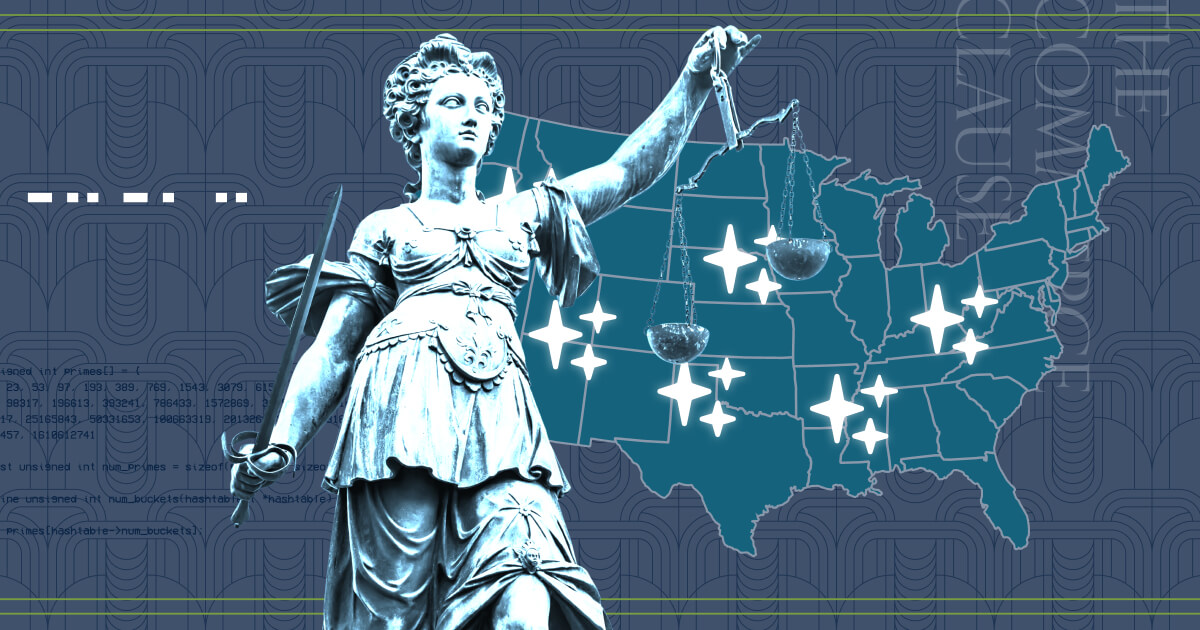straight from the horse's mouth
There are a few clear ways the U.S. Constitution shapes, limits, or informs how lawmakers approach rules around artificial intelligence. Here’s a straightforward breakdown:
1. Free Speech (First Amendment)
Many A.I. issues bump straight into free-speech protections.
Examples:
- Regulating deepfakes or synthetic media must be balanced against protected expression.
- Rules that restrict A.I. model output or training data can raise questions about censorship or prior restraint.
- Even copyright-training disputes sometimes get framed as a speech issue because training data can be treated as a form of information use.
2. Privacy and Data Use (Fourth Amendment)
The Constitution doesn’t explicitly mention privacy, but the Fourth Amendment protects against unreasonable searches. Courts have used it to decide:
- Whether government use of A.I.-based surveillance, facial recognition, or predictive tools is lawful.
- What level of “digital surveillance” counts as a search—e.g., mass data collection enhanced by A.I. could be judged unconstitutional without warrants.
3. Due Process (Fifth & Fourteenth Amendments)
A.I. systems used by government must meet standards of fairness. This matters in:
- Automated decision-making (e.g., welfare decisions, risk assessments in courts).
- Ensuring people can challenge or appeal A.I.-generated decisions that affect their rights.
If a government relies on an opaque A.I. system, courts may find the process unconstitutional.
4. Equal Protection (Fourteenth Amendment)
If government agencies use A.I. that produces biased outcomes, they may breach equal-protection guarantees.
Examples:
- Predictive policing models disproportionately targeting certain groups.
- Biased hiring or school-admissions algorithms used by government bodies.
5. Separation of Powers
A.I. regulation raises questions about:
- How much power Congress can delegate to regulatory agencies (like the FTC) to oversee A.I.
- Whether executive agencies can create A.I. rules without explicit direction from Congress.
Recent Supreme Court decisions limiting agency power make this particularly relevant.
6. Intellectual Property & the Constitution (Article I, Section 8)
Congress is empowered to create copyright and patent laws.
Key questions influenced by this include:
- Whether A.I. can be an inventor or author.
- Whether training A.I. on copyrighted works is lawful.
- How to balance innovation with creators’ rights.
7. Commerce Clause
This allows federal regulation of interstate commerce—and A.I. is inherently cross-state and international.
It gives Congress the authority to:
- Set nationwide A.I. standards.
- Regulate companies developing or deploying A.I. systems that affect multiple states.
In short
The Constitution doesn’t mention A.I., but it acts as the backbone for what A.I. laws
can and
cannot do. Any national rules must respect free speech, privacy, due process, equal protection, and limits on government power. Most future A.I. laws in the U.S. will end up being tested against these constitutional principles.

 montananewsroom.com
montananewsroom.com















